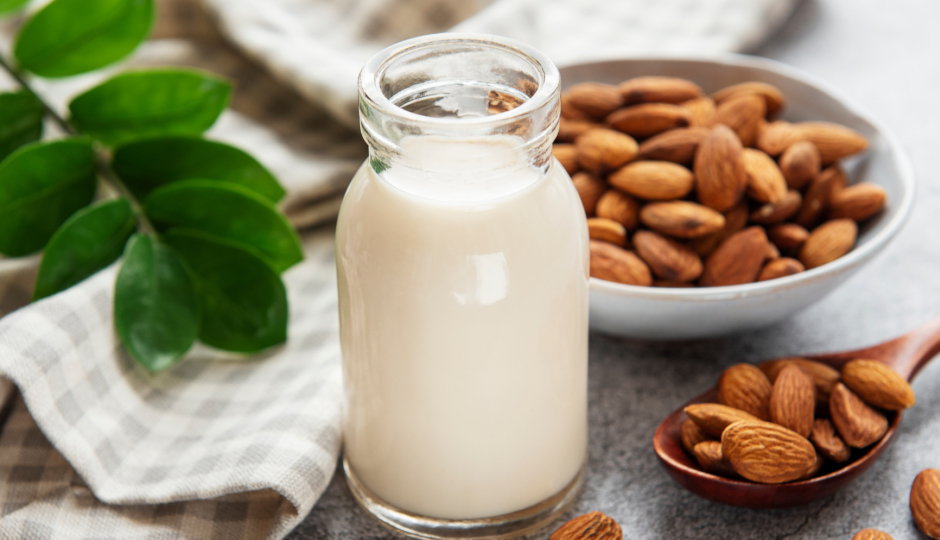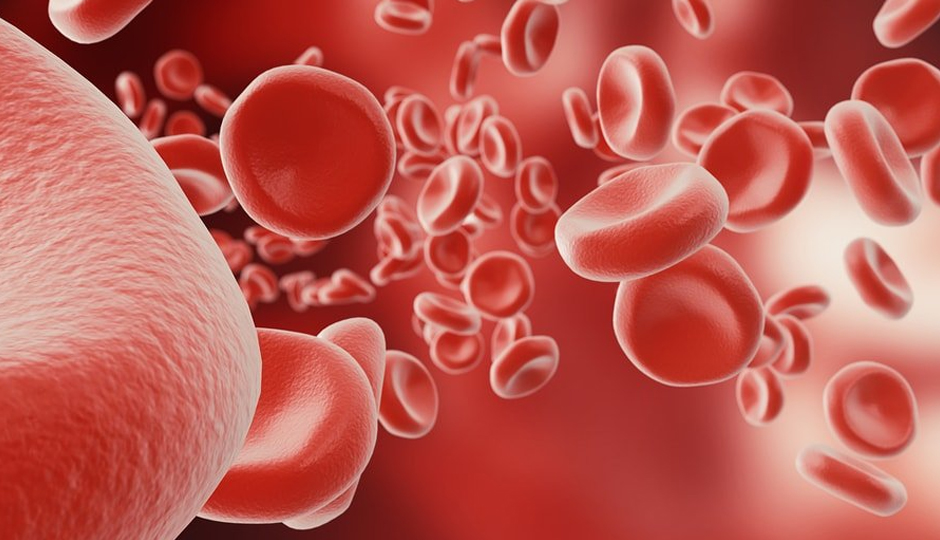- Home›
- Healthy Living›
- 10 Strange Side Effects Of Eating Chia Seeds
10 Strange Side Effects Of Eating Chia Seeds
By: Priyanka Maheshwari Mon, 10 July 2023 09:48:00
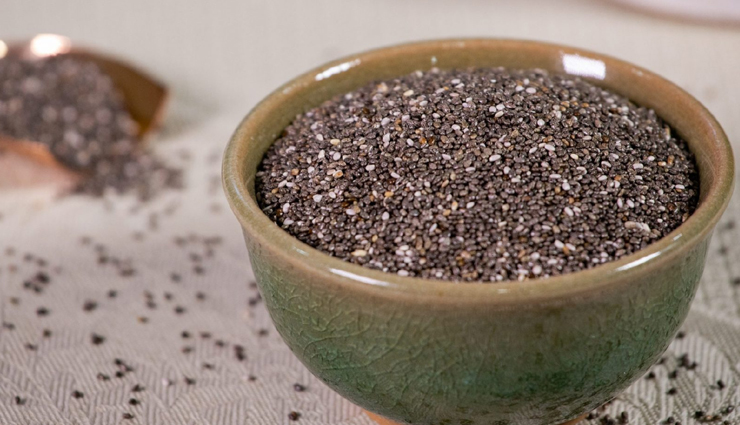
Chia seeds have garnered substantial attention in recent years owing to their nutritional value and adaptability in a wide range of recipes. These small seeds, sourced from the Salvia hispanica plant, are abundant in vital nutrients such as fiber, omega-3 fatty acids, and antioxidants. Despite their numerous health benefits, it is crucial to be mindful of potential side effects that may accompany their consumption. In this informative article, we will investigate 10 potential side effects of consuming chia seeds, empowering you to make well-informed decisions about integrating them into your dietary routine. Let's embark on this enlightening journey!
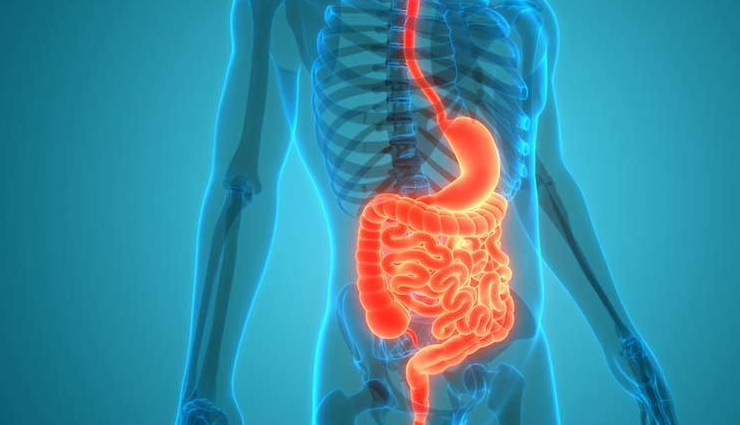
# Digestive Issues
Chia seeds boast a notable fiber content that contributes to healthy digestion. Nevertheless, excessive consumption of chia seeds without ample hydration may result in digestive unease, such as bloating, gas, and abdominal cramps. Ensuring adequate water intake is paramount when incorporating chia seeds into your diet to mitigate the likelihood of experiencing these discomforts. Stay hydrated to promote smooth digestion and optimize the benefits of chia seeds.

# Allergic Reactions
Although rare, some individuals may be allergic to chia seeds. Allergic reactions can range from mild symptoms like itching, hives, and swelling to more severe manifestations like difficulty breathing or anaphylaxis. If you have known allergies to seeds or nuts, exercise caution and consider consulting an allergist before consuming chia seeds.

# Lowered Blood Pressure
Chia seeds have been associated with a potential decrease in blood pressure. While this can be beneficial for individuals with hypertension, it may cause issues for those with low blood pressure. If you have low blood pressure or are taking medications that lower blood pressure, it's advisable to monitor your levels closely and consult with a healthcare professional before incorporating chia seeds into your diet.

# Increased Risk of Bleeding
Chia seeds have natural blood-thinning properties due to their omega-3 fatty acid content. While this can be advantageous for cardiovascular health, it can increase the risk of bleeding, especially when consumed in large quantities. If you are taking blood-thinning medications or have a bleeding disorder, it's important to consult with your healthcare provider before consuming chia seeds.
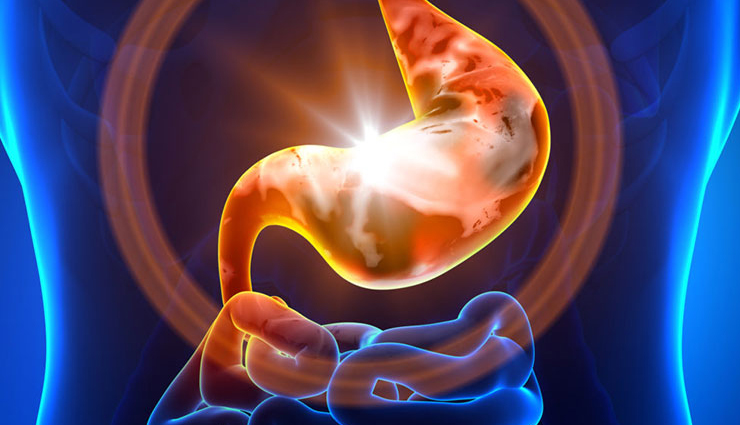
# Gastrointestinal Blockage
Chia seeds absorb liquid and can swell up in the digestive tract. In rare cases, consuming chia seeds without adequate hydration may lead to gastrointestinal blockage or choking, particularly if you have a history of digestive disorders or difficulty swallowing. Ensure proper hydration and consider soaking chia seeds before consumption to minimize this risk.

# Interference with Medications
Chia seeds may interact with certain medications, including blood thinners, blood pressure medications, and diabetes medications. They can affect the absorption, metabolism, or effectiveness of these medications. If you are taking any medications, it's crucial to inform your healthcare provider before incorporating chia seeds into your routine.

# Hypersensitivity Reactions
Some individuals may experience hypersensitivity reactions to chia seeds, which can manifest as skin rashes, itching, or respiratory symptoms. If you develop any unusual symptoms after consuming chia seeds, discontinue use and seek medical attention.

# Changes in Blood Sugar Levels
Chia seeds can potentially affect blood sugar levels, particularly in individuals with diabetes. While they have a low glycemic index and may help regulate blood sugar, it's important to monitor your levels closely and work with a healthcare professional to adjust medications and ensure appropriate glucose management.

# Prostate Cancer Risk
Chia seeds contain alpha-linolenic acid (ALA), which has been associated with an increased risk of prostate cancer in some studies. However, more research is needed to establish a definitive link, and the overall impact of chia seed consumption on prostate cancer risk remains uncertain.
# Potential Contamination
As with any food product, chia seeds can be susceptible to contamination with bacteria, mold, or other contaminants. It is crucial to purchase high-quality, reputable brands and store them properly to minimize the risk of contamination.
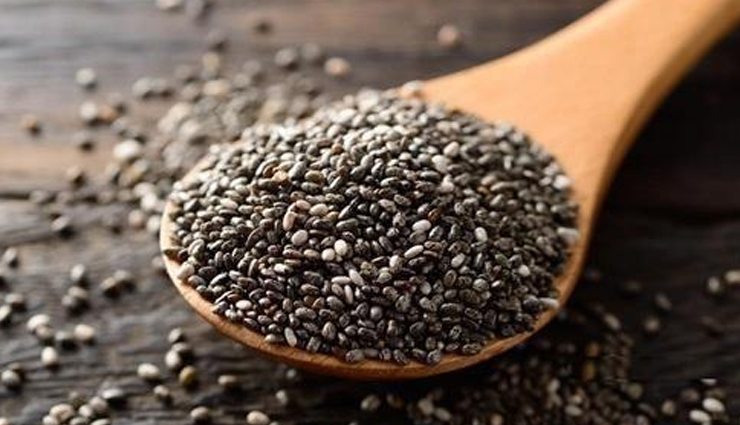
Nutrition value in chia seeds:
Macronutrients:
Protein: Chia seeds are a great plant-based source of protein, containing approximately 4 grams of protein per ounce (28 grams).
Fat: Chia seeds are rich in healthy fats, including omega-3 fatty acids and omega-6 fatty acids. They provide around 9 grams of fat per ounce, most of which are polyunsaturated fats.
Carbohydrates: Chia seeds are relatively low in carbohydrates, with approximately 12 grams per ounce. The majority of these carbohydrates come from dietary fiber.
Fiber:
Chia seeds are an exceptional source of dietary fiber. With around 10 grams of fiber per ounce, they can contribute significantly to your daily fiber intake. The fiber in chia seeds is a mix of soluble and insoluble fiber, aiding in digestion and promoting a healthy digestive system.
Omega-3 Fatty Acids:
Chia seeds are one of the richest plant-based sources of alpha-linolenic acid (ALA), an omega-3 fatty acid. They provide a good ratio of omega-3 to omega-6 fatty acids, which is beneficial for heart health and inflammation reduction.
Antioxidants:
Chia seeds contain antioxidants, such as flavonols and phenolic compounds, which help protect against oxidative stress and inflammation.
Vitamins and Minerals:
Chia seeds are a good source of various vitamins and minerals, including:
Calcium: Chia seeds provide a significant amount of calcium, important for maintaining strong bones and teeth.
Phosphorus: Chia seeds are a good source of phosphorus, contributing to bone health and energy metabolism.
Magnesium: Chia seeds are rich in magnesium, which plays a role in muscle function, nerve function, and energy production.
Manganese: Chia seeds provide manganese, an essential mineral involved in various metabolic processes.
Zinc: Chia seeds contain zinc, which supports immune function, cell growth, and wound healing.
Other Nutrients:
Chia seeds also offer a range of other beneficial nutrients, including potassium, vitamin B3 (niacin), vitamin B1 (thiamine), and vitamin B2 (riboflavin).



